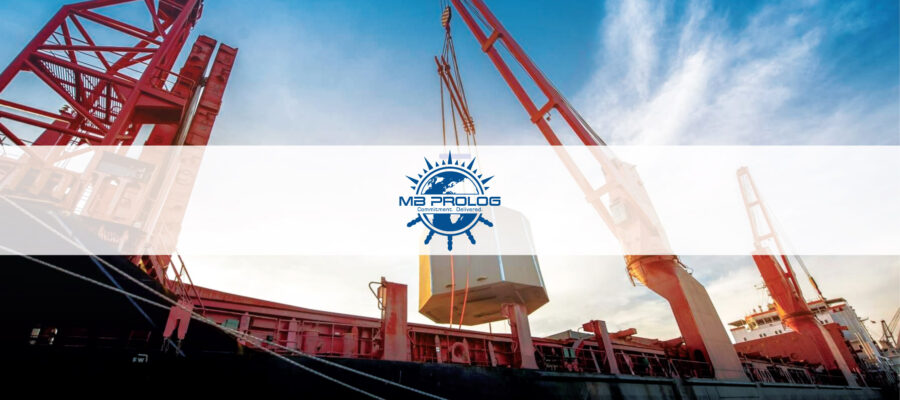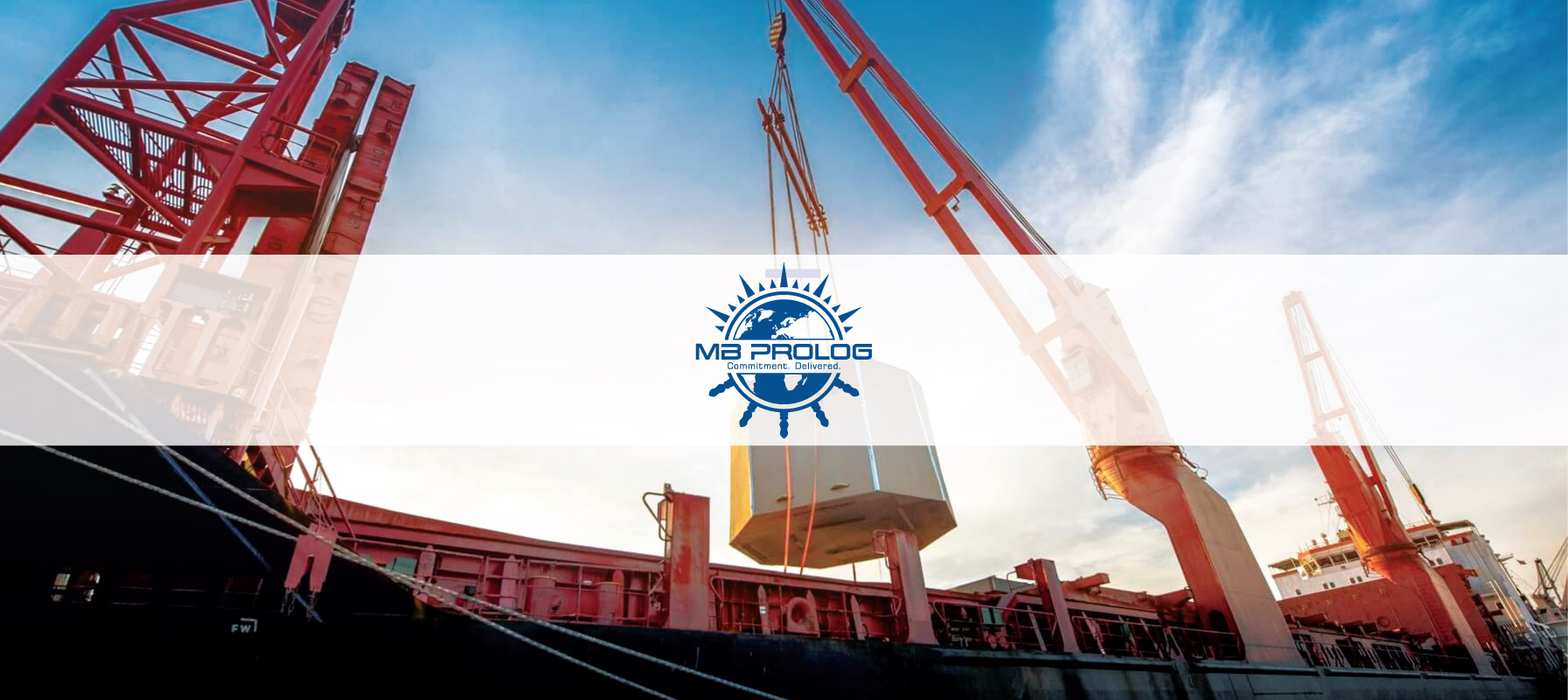Interview with
Mr. Vikas Karthikeyan
Managing Director

We know each other quite well, Vikas. But for our thousands of readers worldwide, please elaborate first a bit on your background in shipping. You had a long career with OOCL for one, right?
Thanks to my shipping mentor, Mr. Erik Gronkjaer, I got introduced to you and Peter way back in 2010, when I decided to take the entrepreneurial journey.
I started my career in the logistics industry during the late 90’s with Sembcorp Logistics (Singaporean – Indian venture) and later with the OOCL group in 2001. I had the opportunity to be part of the OOCL India migration from agency to own setup. I was their first employee and was part of OOCL till 2010. My last role with them was General Manager and Country Head of OOCL Logistics India.
Those were the good old knowledge-driven and passionately-run shipping and logistics times, of course with the cyclical turns as usual, and with all that we could innovate a lot to improvise the stickiness and enhance the shipper’s overall experience.
I recollect, in the year 2001, the world economy witnessed a slowdown, which turned out to be worse than what was projected at the beginning of the year. The economic slowdown in the major markets, including Asia, impacted trade flow across the globe.
India’sl logistics market has always been very challenging and price sensitive, too. It was a very interesting and career enhancing stint with OOCL India, wherein we had to constantly align our strategies with the changing dynamics, introducing many new products and services into the Indian market.
In 2010, I started the global forwarding division for Triway group In Chennai and was representing the Martin Bencher Group in India. In 2013, I formed an independent company, MB Projects and Logistics India Pvt Ltd and have been operating as a part of the Martin Bencher brand. We managed to close many interesting projects in those 10 years till 2023. We also launched a Martin Bencher office in Dubai, in 2015.
It was quite a journey, when I look back, from the early hotel management days to logistics centers, distribution, customs brokerage, inland transport, container shipping, break bulk and project logistics.
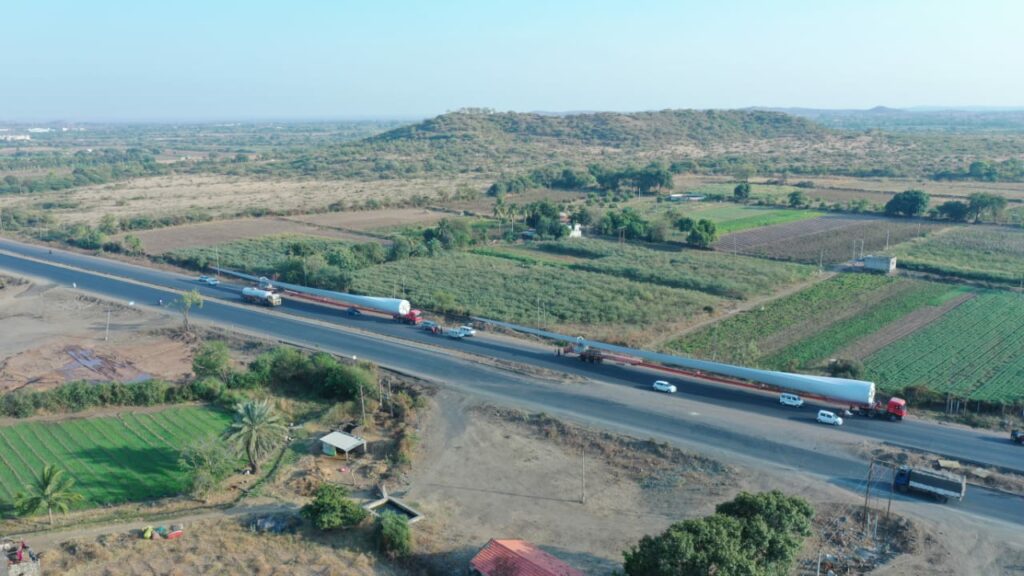
Given your owner background, and now in private project logistics, what is your view on the shipowners trying to be freight forwarders? Will they succeed or is it only until a crisis hits again, and they return to running ships?
Shipowners trying to become freight forwarders? We have seen that in the past; this trend of container shipping companies acquiring or starting their own logistics divisions to get more traction with direct BCO/ shippers. In a way, throwing as many hooks as possible at the shipper which they may find difficult to break and swing around. Now, we see even project cargo carriers, carriers, and bulk owners kicking off their own integrated logistics divisions with the same intent.
In the whole spirit of shipowners and operators trying to become freight forwarders, many of them have also acquired established freight forwarding and logistics companies. These much tested brands present shippers with a complete range of solutions. Indeed, it’s a high value proposition game from the aerial view, but the real challenge comes with integration, how to attract the right talent, and to drive a knowledgeable and driven workforce with that “takes it personally” attitude, with no airs about the name and size.
However, to circumvent this situation, every stand-alone, expertise, flexible,” know the customer and product” kind of forwarders must focus in order to have their own unique selling proposition which differentiates them from the asset-driven ship owner + logistics model of competition. In the freight industry, it’s all about the smaller details and how fast one can foresee and fix it. So being small makes you agile and able to focus on your core competencies of offering the right solutions with multiple shipping options.
As far as the project freight forwarding market is concerned, it is a very specialized segment and niche market. Personal long-standing relationships and successful track records with clients is the “rule of thumb” and will always be a “game changer” to survive in this competitive environment.
The global logistics market is massive and has huge potential, and I believe everyone—be it be a ship owner or freight forwarder—everyone will have their piece of cake. Collaboration is a key to success and sustainability in this competitive world.
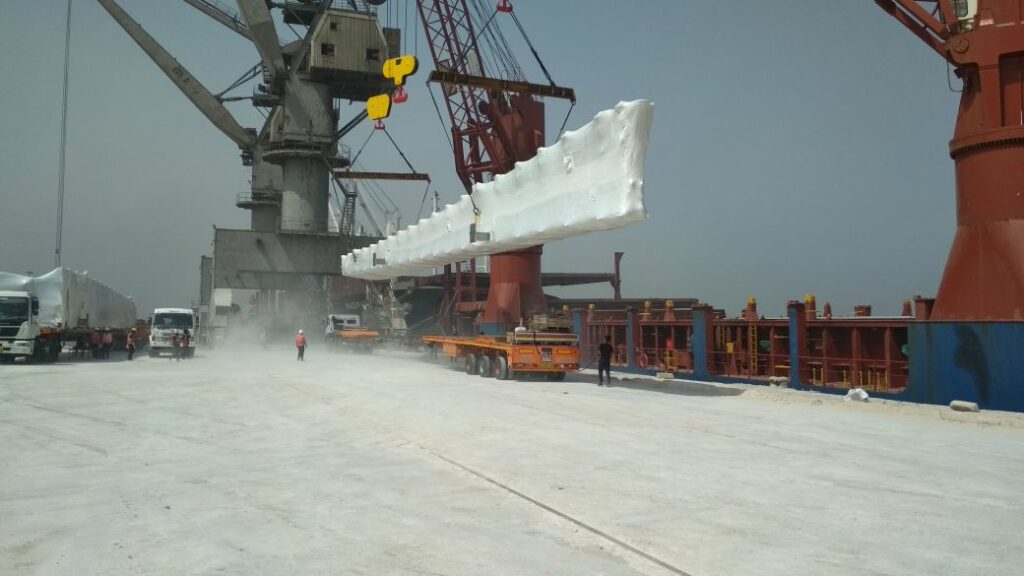
MB Project Logistics—what can you tell us about your company? India has many things but above all, a lot of competition in freight forwarding. What is your specialty?
The logistics market in India is huge, and anyone with the right approach and strategy will always have a tremendous opportunity for growth. Many activities in the entire supply chain are still in the process of becoming more organized.
The Indian logistics market generated a revenue of USD 228.4bn in 2024 and is expected to reach USD 357.30bn by 2030. Many reports indicate that the India market is expected to grow at a CAGR OF 7.7% from 2025 to 2030.
As far as we are concerned, we are a Project Freight Forwarding company founded and operating in India since 2013. We operate through our full-fledged offices in Mumbai, Chennai and New Delhi, and operation offices in Bengaluru, Kochi, Visakhapatnam, Krishnapatnam, Tuticorin, Kandla, Mundra, Kolkata, Nepal and Bhutan. With CLC membership, we have a strong network of professional partners in most major countries and locations.
We specialize in the handling and transportation of Break Bulk, Projects, Oversize and Heavy Lift cargoes. We have inhouse special trailer fleets available for inland transport for any type and size of super, over dimensional, and heavy lift cargoes. Our inhouse customs brokerage experts can guide and execute customs clearance in the most professional way.
We serve many industries and provide a professional global organization with the focus on our clients’ core business. Our mission is to deliver innovative, high-quality services within project shipping and transport with a key focus on risk management and cost procurement.
We cater to several industries viz. Renewable – Wind Energy Projects / Power & Energy Projects / Pulp & Paper Projects / Shipyards / Oil & Gas companies / EPC companies / Marine Engineering / Metals & Mining / Cement companies, etc.
We want to remain as “A Knowledgeable, Reliable, Ethical, Committed and Professional” Logistics Services Company, whom our Customers and Suppliers feel are “Good People to deal with and a Good Company to work with”. We take pride in and derive joy from being in that league.
You have a lot of hands on experience in moving OOG and heavy cargoes. Could you provide us with a few examples from the banner of MB Project Logistics?
We have a strong track record of handling several critical projects successfully. Being into Project freight forwarding, we can meet the unique needs of our clients with our specialized knowledge and services.
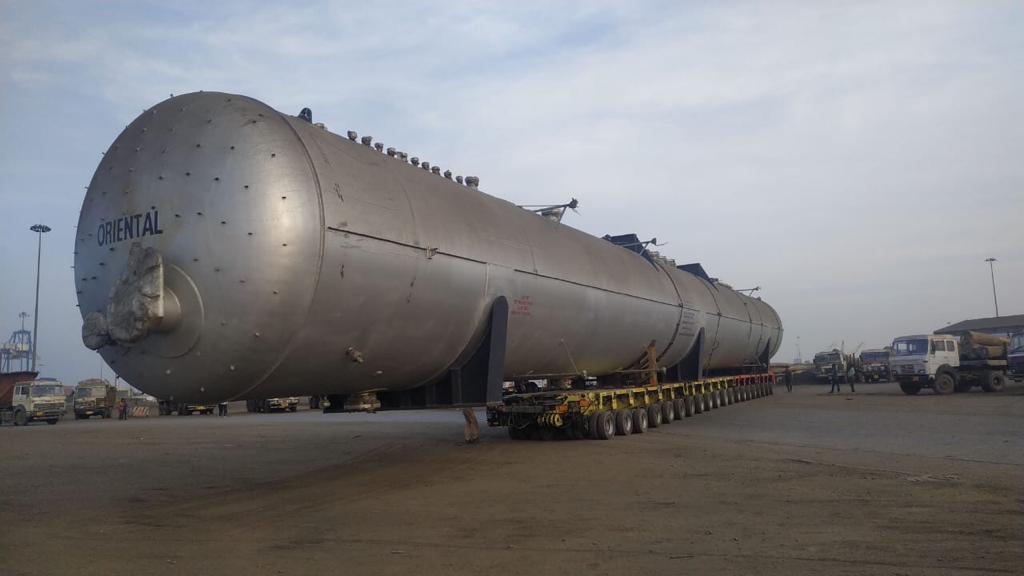
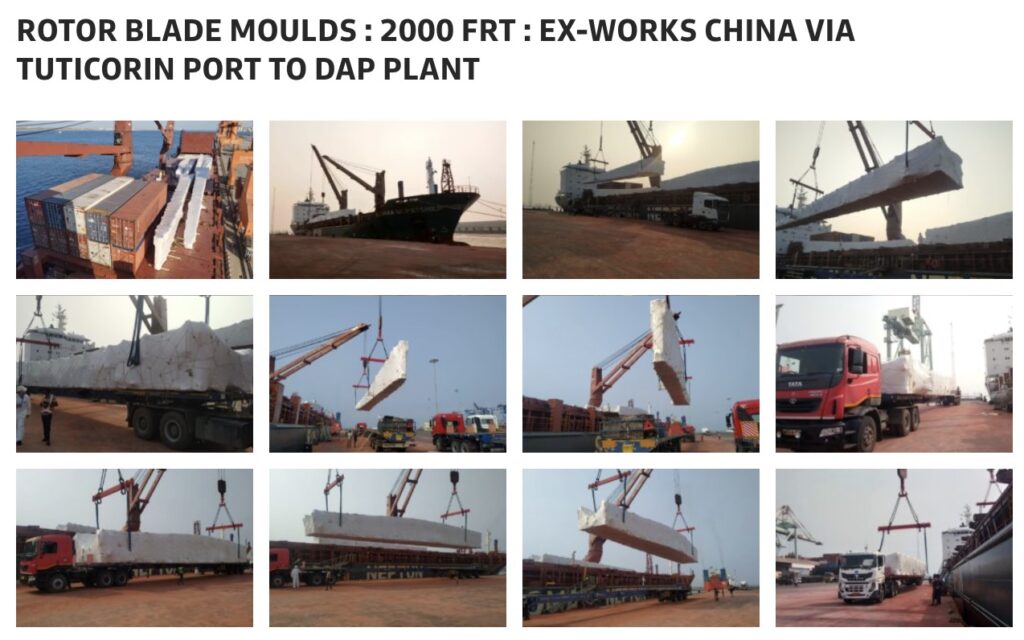
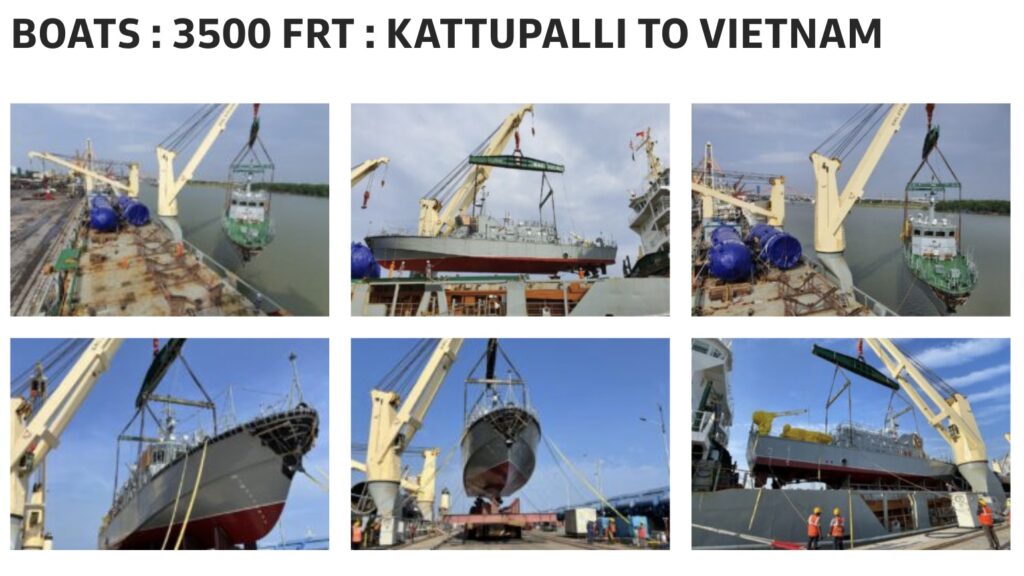
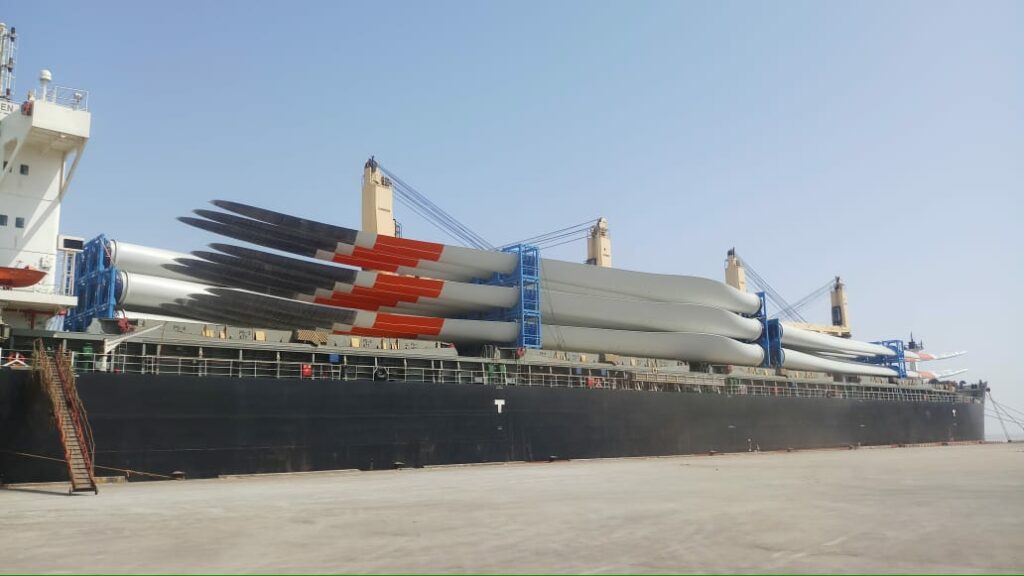
What are the main problems facing Indian forwarders nowadays? I have learnt that India has indeed developed greatly also by way of infrastructure which before was lacking to say that of China’s?
China is also known as “the world’s factory.” It is interesting to know how China has reached this position. China is producing and exporting a large share of global goods. China is also one of the largest consumers of raw materials. China is backed by extensive infrastructure and has also invested strategically in highly efficient ports with seamless connectivity by sea and land.
While India has made significant strides in improving infrastructure and modernizing logistics services with the help of digitalization, freight forwarders still face infrastructural bottlenecks, regulatory complexities, rising operational costs, a lack of skilled labor, and the need for technological innovation.
However, the growing development of India’s infrastructure—such as the expansion of dedicated freight corridors, modernized ports, and improved roadways—presents an opportunity for the sector to address some of these challenges.
For India to emerge as a competitive alternative, we need a holistic approach. India needs to continue to focus on developing port-led industrial hubs across various regions. By clustering manufacturing capabilities around ports, India can successfully attract industries that are shifting their supply chains from China. With a well-planned approach, we have an opportunity to establish these hubs with green infrastructure that meets the carbon regulations increasingly required by markets like the US and Europe.
The second key measure is building a strong maritime ecosystem. India should develop capabilities in marine services, shipbuilding, container manufacturing, and ship repair. While we have made strides in scaling this ecosystem and port development, it is equally essential to form true maritime clusters. These clusters would allow India to operate at scale and become a robust alternative to China, not only in terms of supply but also in long-term competitiveness and sustainability.
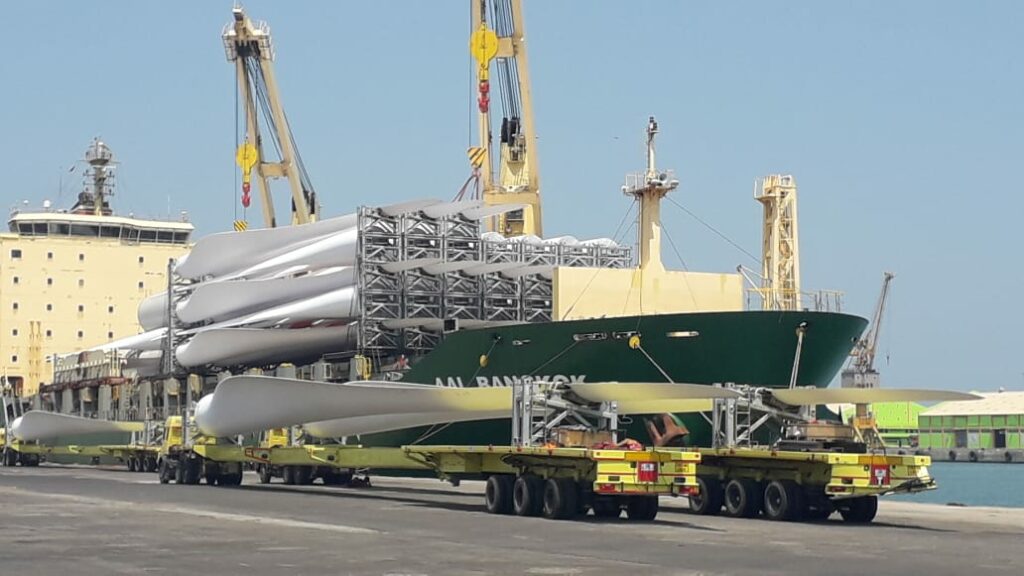
Crystal ball for 2025—What do you see?
2025 will be bright, and we feel optimistic for our industry, as far as India is concerned, from the micro perspectives. There are many capex and opex projects in the pipeline, renewable industry is peaking, and many OEM’s order books are almost full. With government support and vision, this should carry on for many years. New factories are opening-up in various manufacturing levels. We foresee more private investments in the coming months and years. These should help the freight industry significantly, as long as the capital flows and there is high liquidity in the overall system.
In 2025, the freight forwarding industry will see progress driven by technology, automation, sustainability, initiatives, and a customer-centric approach. The shift towards sustainability and intermodal transportation will also reshape the role of freight forwarding in the global supply chain.
The international shipping sector is at an essential stage of its development. It faces many challenges while embracing innovative solutions. Supply chain disruptions, capacity constraints, environmental laws, and cybersecurity risks require planning. Yet, these problems provide a relentless pursuit of development, resilience, and sustainability. The international shipping sector can give way to better global trade by adapting to change and innovative opportunities. Together, we can create a more solid, world maritime industry for future generations.
How would it be best for our readers to reach you?
Mr. Vikas Karthikeyan
Managing Director
MB Projects and Logistics (India) Private Limited
Akshar Business Park, Office No.2020, 2nd Floor
G Wing, Plot No.3, Sector 25, Vashi
Navi Mumbai – 400703, Maharashtra, India
Work : +91 22 6159 2001 E-mail: vikas.karthikeyan@mbprolog.com
Website: www.mbprolog.com


